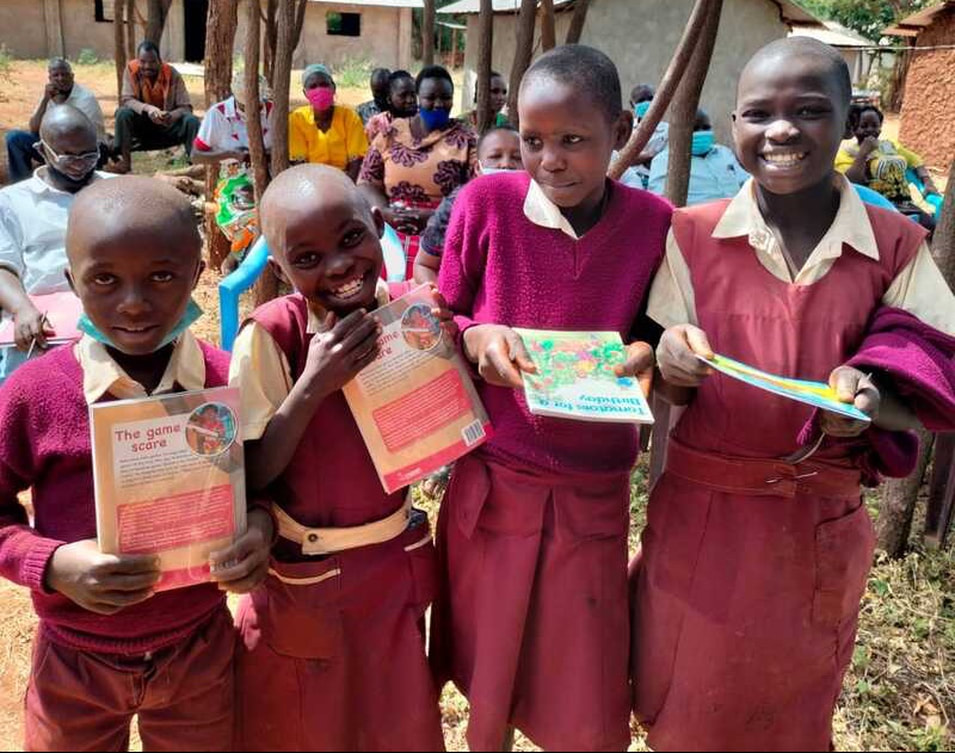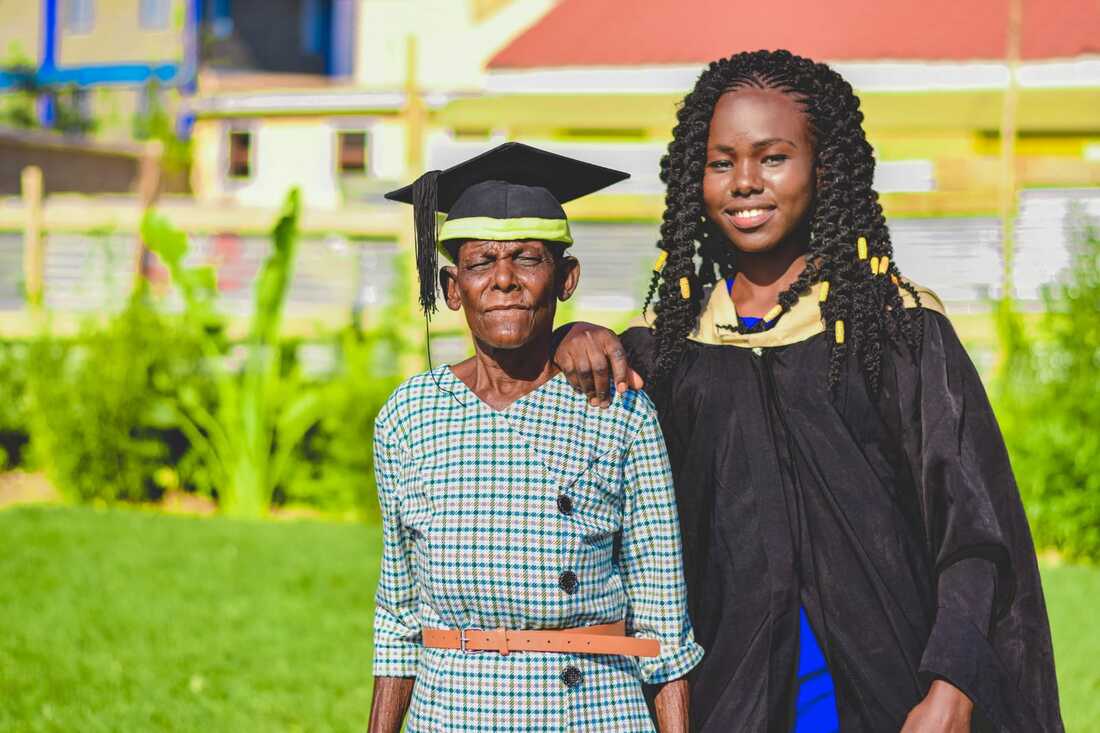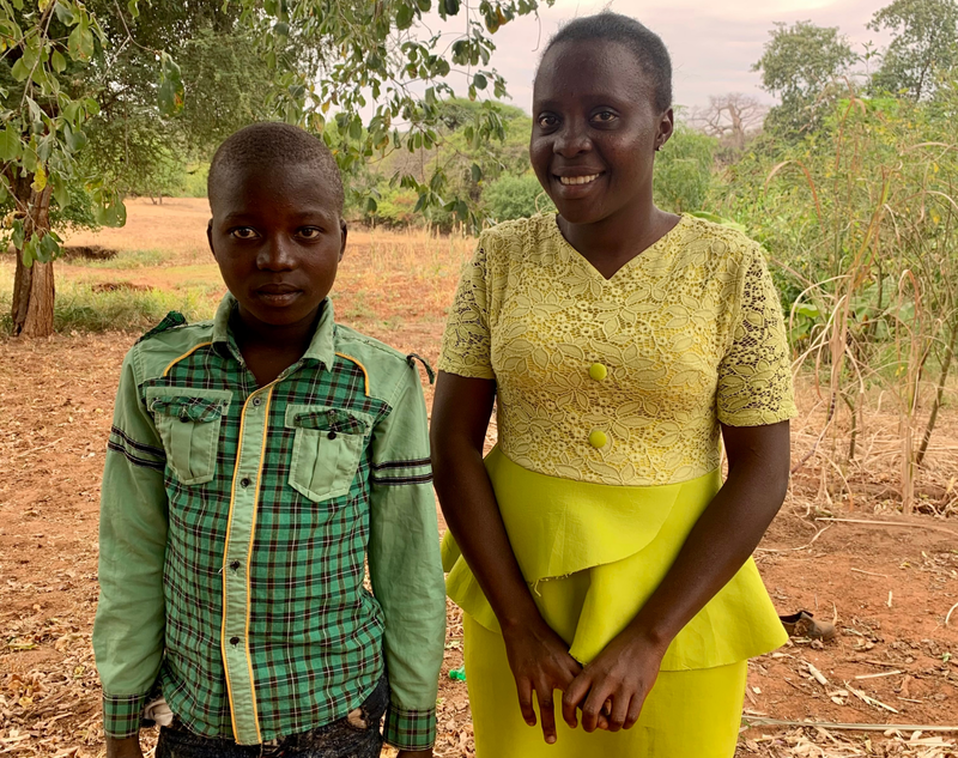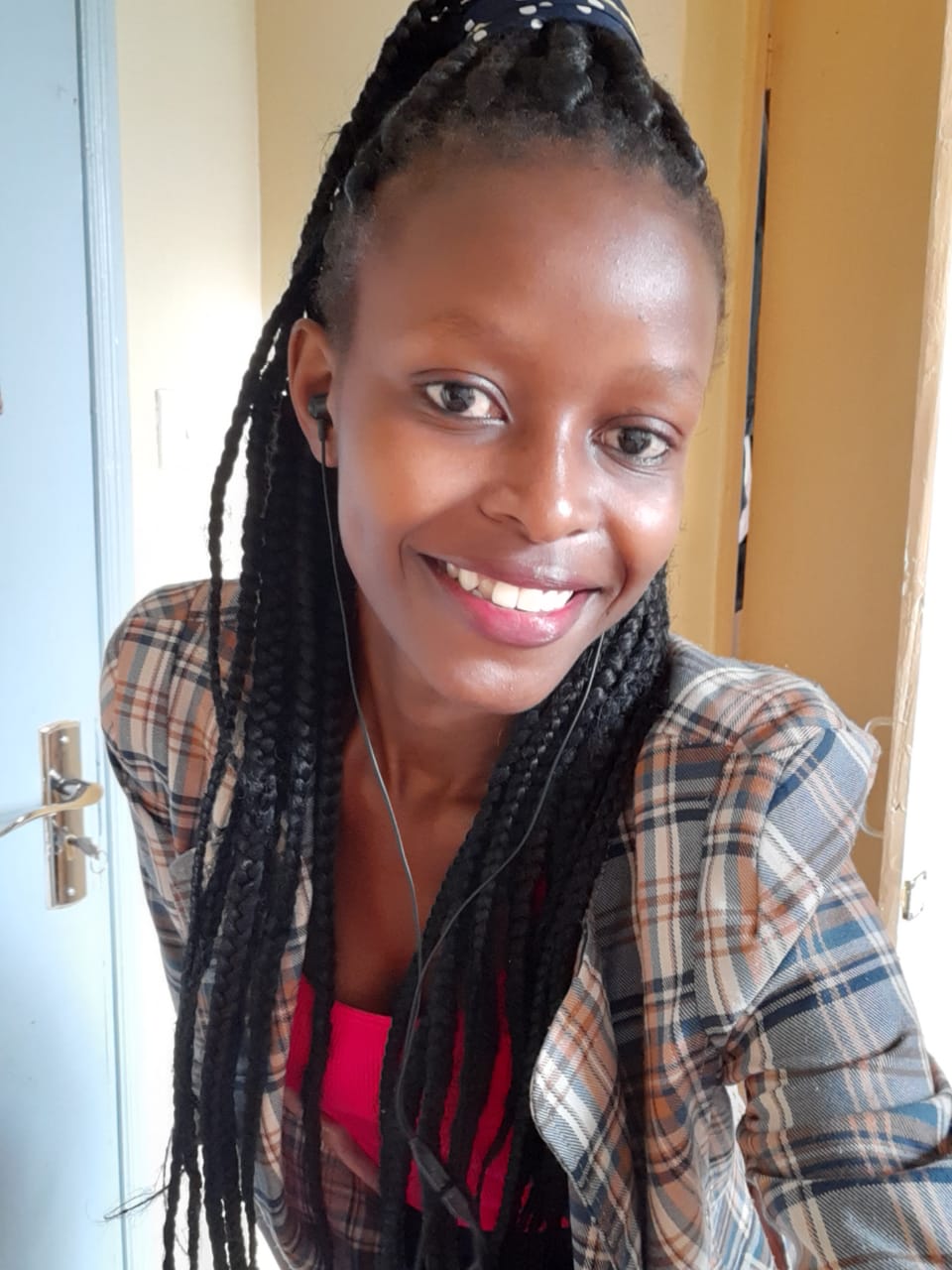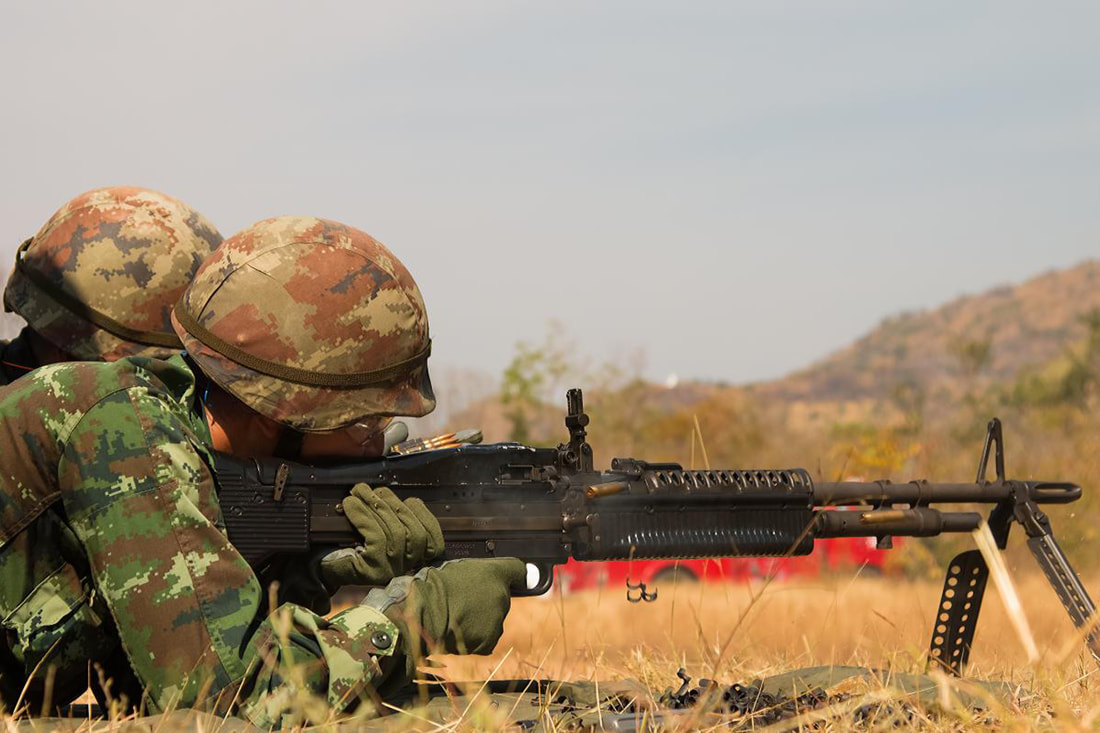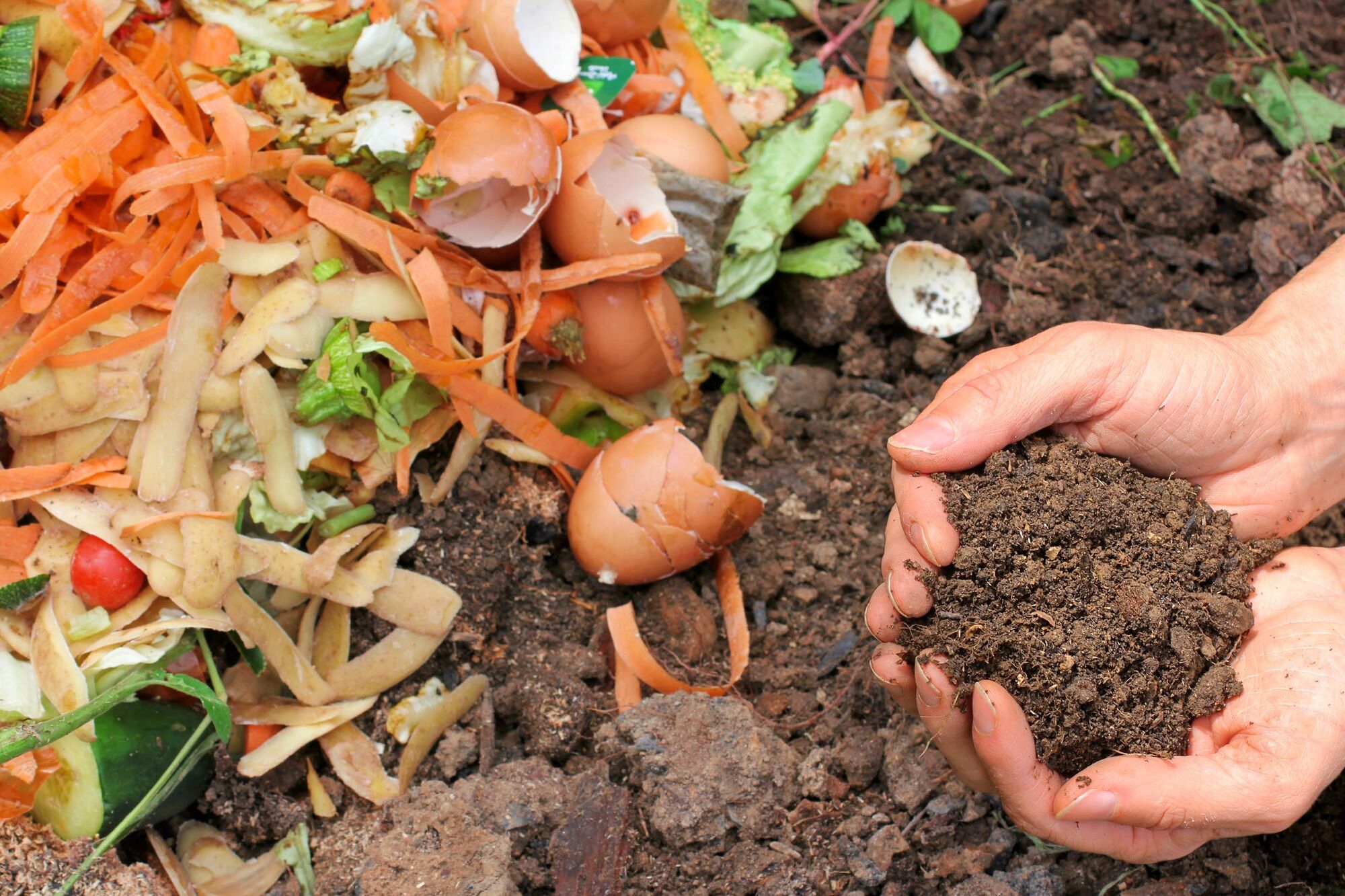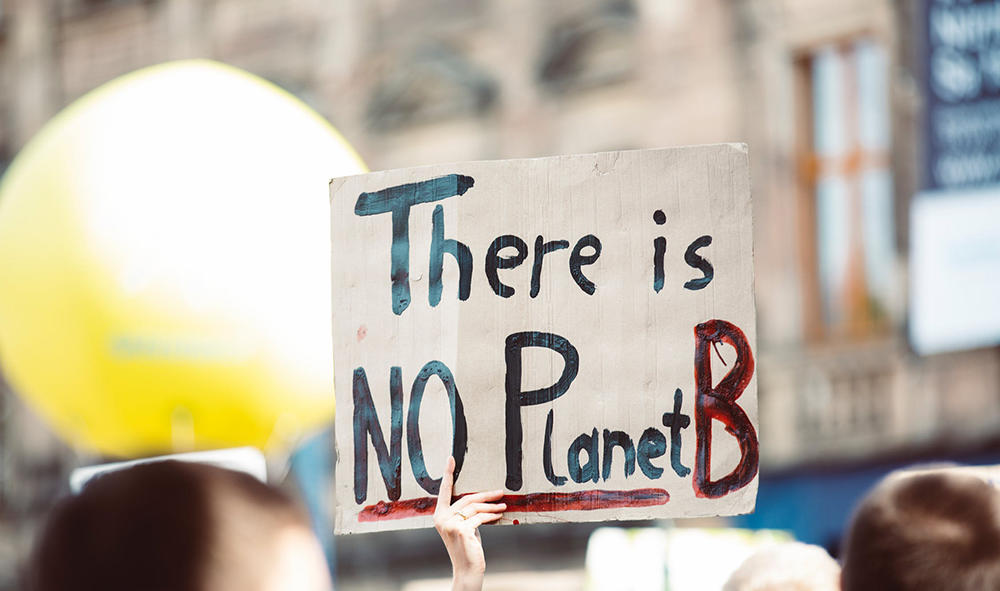World Centric + Women's Global Education Project / 15 minute read
Giving girls a fair chance at obtaining a quality education could help solve the climate crisis.
According to Project Drawdown, access to education and family planning for women and girls could result in an 85 gigaton reduction of carbon dioxide by 2050. By these estimates, access to education could have greater impacts than other more commonly sought solutions, such as increased solar power (19 gigaton reduction).
Nonprofit Partner: Women's Global Education Project
Women’s Global Education Project’s Sisters to School program takes a holistic, community-led approach to dismantle the complex barriers that keep girls from attending school.
They provide comprehensive school scholarships and mentoring to 200+ girls, reproductive health workshops, and after school clubs. They also host community outreach and mobilization activities to better educate parents, boys, and community members on the importance of girls’ education.
They provide comprehensive school scholarships and mentoring to 200+ girls, reproductive health workshops, and after school clubs. They also host community outreach and mobilization activities to better educate parents, boys, and community members on the importance of girls’ education.
Diana, Graduate of the University of Eldoret
Diana with her grandmother
Diana, 23, is from the Kariikamburi village of Tharaka, Kenya. In 2021, Diana graduated from the University of Eldoret with a Bachelor’s Degree in Agricultural Education, with honors! She joined the Sisters to School program in 2008 in 5th grade, and was a scholar for a total of 14 years before graduating.
- How did WGEP support your education? [Sisters to School] molded me to be who I am today. I was able to learn how to improve my self-esteem because I had very low self-esteem since my childhood. It was through this that I was able to fight for my rights as a girl child and I started taking everything positively.
- What are your goals? I want to help the Tharaka community achieve food security by working on interventions and innovations: discovering new ways of teaching the community on how to use limited resources in agriculture to minimize inputs and maximize outputs! After my internship, I want to secure a full-time job to provide for my family, and to invest for my generations to come.
- How will you support other girls as an intern with WGEP? I will impact the community by guiding other scholars so that they can become prominent people in the society through counselling, advice and moral support. I will also teach parents on how to better understand their children so that they can better support them and their education.
Nancy, a Student at Tharaka University
Nancy with her brother
Nancy, 19, is from the Gatunga village of Kenya's Eastern province. She is the oldest of four children and is responsible for looking out and caring for her siblings. Her father died of HIV, and her mother was unable to care for her after his death.
Nancy and her siblings live on one acre of land, and are responsible for all farming and household duties. She receives support from her aunt, who helps her and her siblings go shopping and supports their education. Nancy also receives some food from her grandmother, who is 95 years old!
Despite her struggles, Nancy is a resilient and bright student!
What do you want to be when you grow up? I love children, and am studying to be a teacher! I also hope to be a businesswoman, and sell produce at the local market.
Nancy and her siblings live on one acre of land, and are responsible for all farming and household duties. She receives support from her aunt, who helps her and her siblings go shopping and supports their education. Nancy also receives some food from her grandmother, who is 95 years old!
Despite her struggles, Nancy is a resilient and bright student!
What do you want to be when you grow up? I love children, and am studying to be a teacher! I also hope to be a businesswoman, and sell produce at the local market.
Fridah
WGEP Scholar Fridah, celebrating her graduation
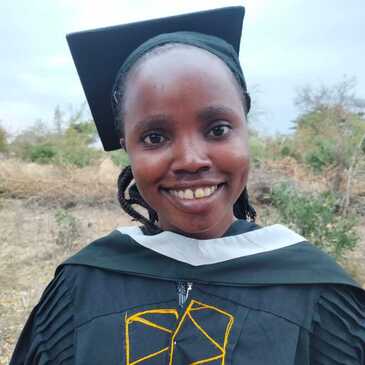
Fridah, a 24 year old woman from the Karurukuni village, went on to study Gender & Political studies (with honors!) after graduating from WGEP's Sisters to School program in 2012.
- How did WGEP support your education? I joined WGEP’s Sisters to School program in 2012, and was supported through my secondary education, and university! Through scholarship support, health education workshops, and computer training, the program prepared me for future vocations, and made me passionate about women’s rights and gender equality.
Rachel, Student at Kenyatta University
|
Rachel, 19, is fromthe Irimba village in Tharaka-Nithi county, Kenya, and studies at Kenyatta University. She first began attending school at age 3.
|
unexpected, it put a lot of pressure on my family in terms of taking care of me by providing food and necessities required for online learning during the pandemic. WGEP came in handy during the pandemic because besides providing food for me and my family, they provided communication gadgets such as a radio that kept me abreast with the ongoing COVID-19 situation in the country and offered moral support that encouraged me to continue reading.
3. What do you want to be when you grow up? What are your dreams? When I grow up, I would eventually want to be a surgeon. I am currently pursuing a course that will lead me there, so I think that makes it easier. My dream is to be on the list of the best doctors in Kenya and even globally so as to encourage younger people, especially girls, that everything is possible if you put your mind into it despite the odds!
3. What do you want to be when you grow up? What are your dreams? When I grow up, I would eventually want to be a surgeon. I am currently pursuing a course that will lead me there, so I think that makes it easier. My dream is to be on the list of the best doctors in Kenya and even globally so as to encourage younger people, especially girls, that everything is possible if you put your mind into it despite the odds!
